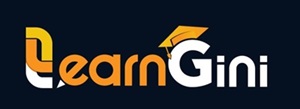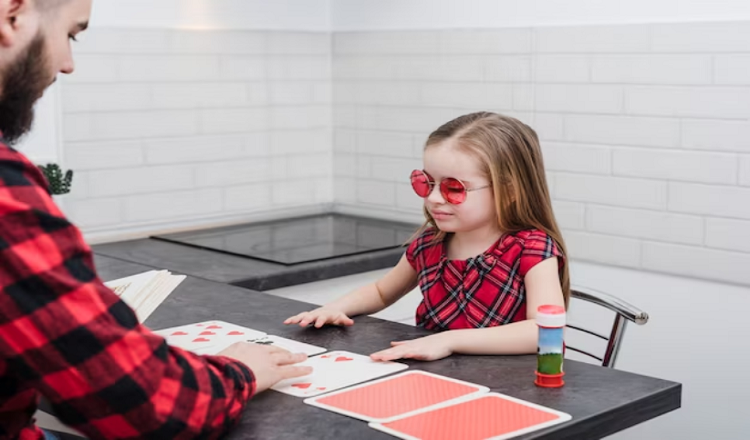Education is a fundamental right of every child. Children with disabilities have the right to full and inclusive education just like their peers without disabilities. Accessibility in education is a critical aspect that ensures that children with disabilities have access to quality education. In this article, we will discuss the importance of academic education for blind and physically challenged children.
Defining Blindness and Physical Disability
Before we delve into the topic of academic education for blind and physically challenged children, let us define what blindness and physical disability mean.
Blindness
Blindness is the complete or partial loss of vision that cannot be corrected by glasses or contact lenses. Blindness can result from a variety of causes, including genetic conditions, trauma, and infections.
Physical Disability
Physical disability refers to any physical impairment that limits an individual’s ability to carry out daily activities. Physical disabilities can include mobility impairments, amputations, and other physical conditions that affect motor coordination.
Importance of Inclusive Education for Blind and Physically Challenged Children
Inclusive education refers to the practice of educating children with disabilities in regular classrooms with their peers without disabilities. Inclusive education helps children with disabilities to develop the necessary skills to become independent, contributing members of society.
Equal Opportunities
Inclusive education provides blind and physically challenged children with equal opportunities to learn and develop their intellectual capabilities. Children with disabilities should not be deprived of the opportunity to access academic education.
Socialization
Inclusive education allows children with disabilities to socialize and interact with their peers without disabilities. Socialization is a crucial aspect of child development, and inclusive education enables children with disabilities to interact with their peers and develop essential social skills.
Boosts Self-esteem
Academic education provides children with disabilities with a sense of accomplishment and boosts their self-esteem. Children with disabilities who have access to academic education can develop the confidence and belief that they are capable of achieving great things in life.
Challenges Faced by Blind and Physically Challenged Children in Education
Academic education for blind and physically challenged children comes with some challenges that have to be addressed for successful education of these children.
Accessibility
Physical accessibility is a key aspect of academic education for blind and physically challenged children. Schools should be designed with accessibility features such as ramps, elevators and adaptive technologies that meet the specific needs of these children.
Appropriate Curriculum
Academic education for blind and physically challenged children must be tailored to meet their specific needs. The curriculum should be designed to accommodate children with disabilities, and teachers should have the necessary skills to teach children with disabilities.
Attitudes and Perceptions
Negative attitudes and perceptions towards children with disabilities present a significant challenge to academic education for blind and physically challenged children. Teachers, parents, and society as a whole must cultivate a positive attitude towards children with disabilities and embrace them as equals.
Examples of Successful Academic Education for Blind and Physically Challenged Children
There are several success stories of blind and physically challenged children who have access to academic education.
Braille Literacy
The Braille literacy program has been instrumental in providing academic education to blind children. Braille is a system of writing that uses raised dots to represent letters and numbers. Braille enables blind children to read and write just like their peers without disabilities.
Inclusive Schools
There are several inclusive schools that cater to children with disabilities in many countries. These schools provide an environment that is conducive to academic education for blind and physically challenged children.
Adaptive Technology
Adaptive technology such as screen readers, text-to-speech software, and Braille keyboards has significantly improved academic education for blind and physically challenged children. These technologies enable children with disabilities to access academic materials and participate in online learning.
Conclusion
Academic education is vital for the well-being and development of every child, including those with disabilities. Blind and physically challenged children have the right to full and inclusive academic education just like their peers without disabilities. It is essential to address the challenges hindering academic education for blind and physically challenged children and embrace a positive attitude towards them. With inclusive education, adaptive technology, and appropriate curriculum, blind and physically challenged children can receive quality education and achieve their dreams.

